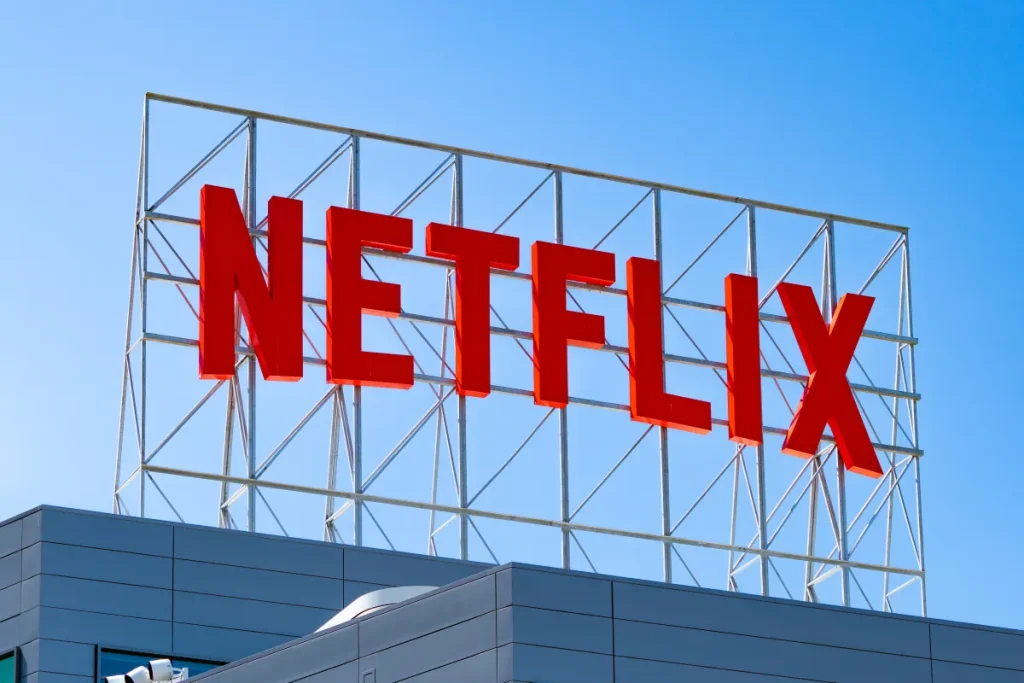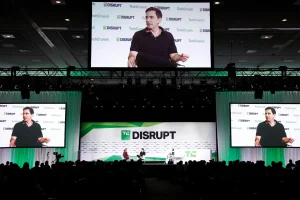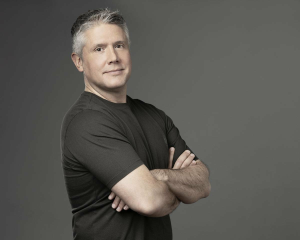Netflix Fully Embraces Generative AI Amidst Divisions in the Entertainment Industry

Image Credits:AaronP/Bauer-Griffin/GC Images / Getty Images
Netflix Embraces Generative AI in Filmmaking
As the entertainment industry navigates the complexities of generative AI, Netflix is taking a proactive approach. In its recent quarterly earnings report, Netflix expressed confidence in its ability to utilize advancements in AI technologies effectively, noting its unique position in the market.
Generative AI as a Tool, Not a Foundation
Netflix has clarified that while it does not plan to make generative AI the core of its content creation, it sees considerable potential in using this technology to enhance the efficiency of its creative teams. CEO Ted Sarandos emphasized this sentiment during the earnings call, stating, “It takes a great artist to make something great. AI can give creatives better tools to enhance their overall TV/movie experience for our members, but it doesn’t automatically make you a great storyteller if you’re not.”
Real-World Applications of AI in Content
Netflix has already initiated the use of generative AI in its projects. Earlier this year, the platform employed this technology in its Argentine series “The Eternaut,” creating a compelling scene involving a building collapse. Since then, filmmakers associated with “Happy Gilmore 2” have utilized generative AI to digitally de-age characters for the opening sequence. Additionally, the producers of “Billionaires’ Bunker” have experimented with AI during pre-production, using it to help visualize wardrobe and set designs.
Sarandos expressed optimism regarding the role of AI, stating, “We’re confident that AI is going to help us and our creative partners tell stories better, faster, and in new ways.” However, he also noted that Netflix is not pursuing new technologies for the sake of novelty alone.
Concerns in the Entertainment Community
The integration of AI has sparked significant debate within the entertainment community. Many artists are concerned that AI tools, particularly those driven by large language models (LLMs), could adversely affect their careers. These tools often rely on vast datasets, which sometimes include creative works without consent. As a result, there is a growing fear that these technologies may undermine traditional artistic roles.
Interestingly, while Netflix is leading the way in AI experimentation, the current consensus within the industry leans towards employing generative AI for special effects rather than replacing human actors. This stance is crucial, especially following recent controversies surrounding AI-generated characters. Despite this, there are apprehensions about how these behind-the-scenes applications of AI could impact job opportunities in visual effects.
The Impact of OpenAI’s Sora Model
Recent discussions around AI intensified when OpenAI unveiled its Sora 2 audio and video generation model. The release lacked adequate guardrails, compelling various stakeholders in the entertainment sector to call for more stringent regulations against deepfakes—particularly concerning living actors and historical figures. Prominent figures like actor Bryan Cranston and the Hollywood trade organization SAG-AFTRA have expressed concern over the potential for misuse of this new technology.
During the earnings call, when asked about the implications of Sora on Netflix’s business, Sarandos acknowledged that “it starts to make sense” that content creators might be affected. Yet, he maintains a level of reassurance, emphasizing, “We’re not worried about AI replacing creativity.”
Financial Performance Amid Innovation
Despite the discussions surrounding AI, Netflix reported a 17% year-over-year increase in quarterly revenue, totaling $11.5 billion. While this figure fell short of the company’s projections, it reflects a growing subscriber base and an expanding market share.
The Future of AI in Entertainment
As Netflix forges ahead with its plans to integrate generative AI into its filmmaking processes, the industry at large remains divided on the implications of such technology. The focus seems to be on enhancing the creative experience rather than replacing the artistic vision that drives storytelling.
In summary, Netflix’s strategy indicates a balanced approach to embracing AI, with an emphasis on supporting creative talent. While the caution surrounding the technology’s potential impact is warranted, the company’s commitment to leveraging AI responsibly may pave the way for innovation in storytelling.
As the conversation around AI in entertainment continues, all eyes will be on Netflix to see how it navigates this complex landscape and what new creative avenues will be explored in the years to come.
Thanks for reading. Please let us know your thoughts and ideas in the comment section down below.
Source link
#Netflix #generative #entertainment #industry #remains #divided





